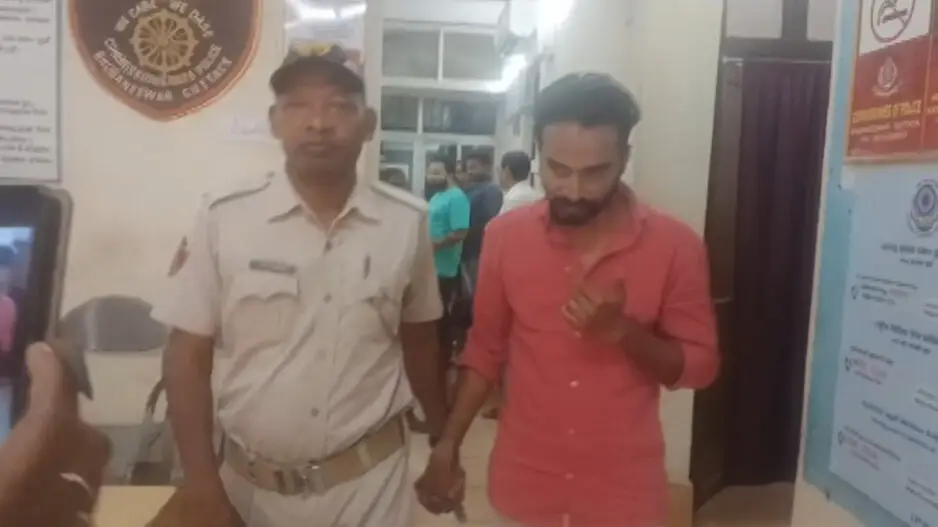/odishatv/media/post_attachments/uploadimage/library/16_9/16_9_0/recent_photo_1738581091.JPG)
Odisha CM Mohan Majhi directs top govt officials to expedite 'Jana Sunani' redressal
Chief Minister Mohan Majhi has called upon senior officials in Odisha to prioritise and expedite the resolution of public grievances to restore faith in government processes.
In an address to key administrative leaders including the Chief Secretary, district collectors, and police authorities, Majhi emphasised the importance of addressing citizens' concerns swiftly and efficiently. This follows observations of delays and inefficiencies that have adversely impacted public trust.
The Chief Minister's Office (CMO) released a letter to all government departments highlighting the urgent requirement for a more responsive grievance redressal mechanism. The communication notes that unresolved complaints contribute to a cycle of recurring issues, thereby undermining government credibility.
The CMO emphasised the critical need for swift action by officials to address citizens' complaints. Often, these issues are neglected or handled inefficiently, contributing to a cycle of repeated grievances and diminishing public confidence in the governance system. This directive highlights significant delays in actions and laggard responses by the officials.
“We must shift towards prompt and dependable responses to public grievances,” the letter from the CMO states, underscoring a mandate for reform in administrative attitudes towards civic issues.
Chief Minister Majhi's directive is part of a broader initiative to cultivate an accountable and citizen-focused administration. By addressing concerns with greater urgency, the Chief Minister aims to eliminate official indifference and improve public satisfaction.
This move reflects a dedication to fostering a government that is in tune with the needs and aspirations of its populace, steering away from bureaucratic complacency and towards meaningful action.
In an environment where public trust hinges on governmental responsiveness, the prolonged inaction by some officials has sparked significant public discontent. Chief Minister Mohan Majhi is pushing for a cultural shift towards more timely and effective responses from government entities, ensuring that residents' concerns are not left unattended.
Blackbuck population in Odisha's Ganjam rises to 8,789

Matrimonial frauds on the rise in Odisha: Police trace several instances of deceit, financial and physical exploitation

Odisha Vigilance seizes Rs 2.06 crore in cash, 422 grams of gold from govt officer

Temple theft strikes Odisha again; valuables from Balasore Jagannath temple looted

/odishatv/media/agency_attachments/2025/07/18/2025-07-18t114635091z-640x480-otv-eng-sukant-rout-1-2025-07-18-17-16-35.png)

/odishatv/media/media_files/2025/09/22/advertise-with-us-2025-09-22-12-54-26.jpeg)
